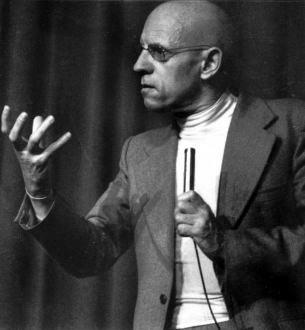|
"It's not what you take when you leave this world behind you. It's what you leave behind you when you go." It seems like living the in the land of country music is starting to influence me a little. Well not really. But Randy Travis' quote from a really powerful song does have some relevance in both the medical and coaching fields. Although this isn't anything new, there's been a lot of chatter lately about "activating this muscle" or "releasing that structure". It is inherent in coaching, rehabilitation and manual therapy, no doubt, but what are the ramifications of this type of discourse? In my opinion, I don't think this is a good thing. Not now, and not for the future. And I can certainly emphasize with Jason Silvernail when he previously stated, "for crying out loud don't give patients a giant nocebo by telling them they have fascia restrictions, inhibited muscles, or joints out of place. Because then I have to explain to them that that's not accurate. And that's exhausting. It's less about what you do and its more about how you explain it ". I have been a strong advocate for the improvement of communication skills over the last year or so. Perhaps I need to start a foundation or something. But in all seriousness, the way we communicate both on a personal (in practice) and a societal level (on the internet) can truly either positively or negatively affect what we leave behind. Put it simply, it's called a nocebo. And Paul Enck wrote about this nocebo in the New York Times recently. It's a nice read to give you a good idea of what I'm talking about. But more importantly he states, "A doctor's choice of words matters...The nocebo effect presents doctors...with an ethical dilemma: on one hand, they are required to tell patients about the potential complications of a treatment; on the other hand, they want to minimize the likelihood of side effects. But if merely telling patients about side effects increases their likelihood, what is to be done? Better communication is the answer. When talking with patients, doctors...often say things with unintended negative suggestions, like “it’s just going to bleed a bit” or “you must avoid lifting heavy objects — you don’t want to end up paralyzed.” We recommend more extensive training in communication for doctors and nurses, to help them use the power of their words appropriately. As the great cardiologist Bernard Lown once said, “Words are the most powerful tool a doctor possesses, but words, like a two-edged sword, can maim as well as heal.” The nocebo isn't only about side effects of treatment, mind you. In fact, it often pertains to the positive effects of treatment.
"Activating this muscle" and "Releasing that structure". This is exactly what I'm talking about. Because the next time an individual experiences pain attributed to a similar region of the body, they're going to think that they need this released or that aligned. Give this post a read. It may shock you or it may not. But one thing I'm almost positively clear about is that one's back is never out and their leg length is fine. Now all of this can be applied to coaching and rehabilitation as well. Many of us have heard of "paralysis by analysis". And again, it's not what you take - or do - it's what you leave behind. Because if you're telling someone to "activate your glute" or more subtly "feel it in your glute", what you leave behind may not be a good thing. This is called "attention focus". You can read more about it here, listen to some of Nick Winkleman's podcasts on strength coach or read Gabriele Wulf's work directly. The AIS also has a nice article on coaching strategies to minimize paralysis by analysis as well. Ultimately, you can still keep doing what you're doing. I'm not asking you to stop. But what I'm asking you to do instead - much like Foucault in his writings about power and discipline - is to think more carefully, critically and responsibly about the effects your practices might be having... ...and what you're leaving behind.
1 Comment
|
